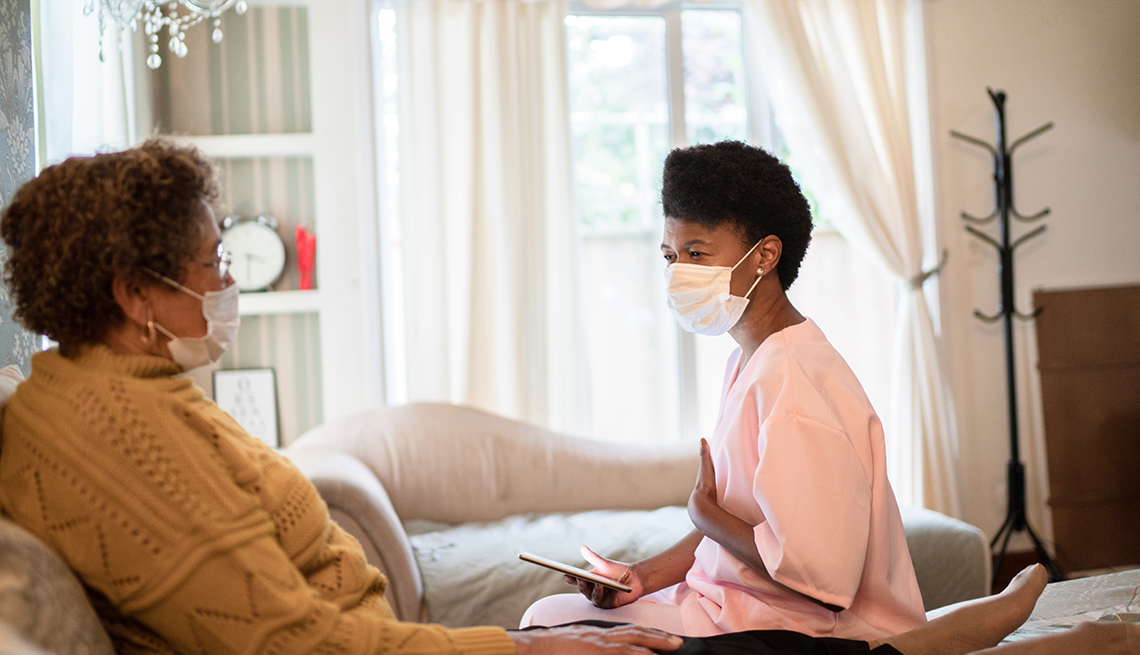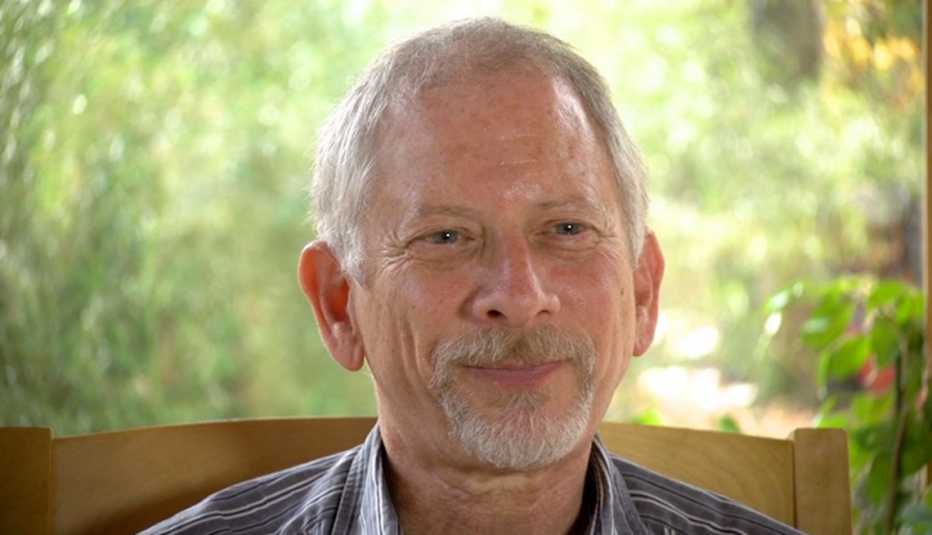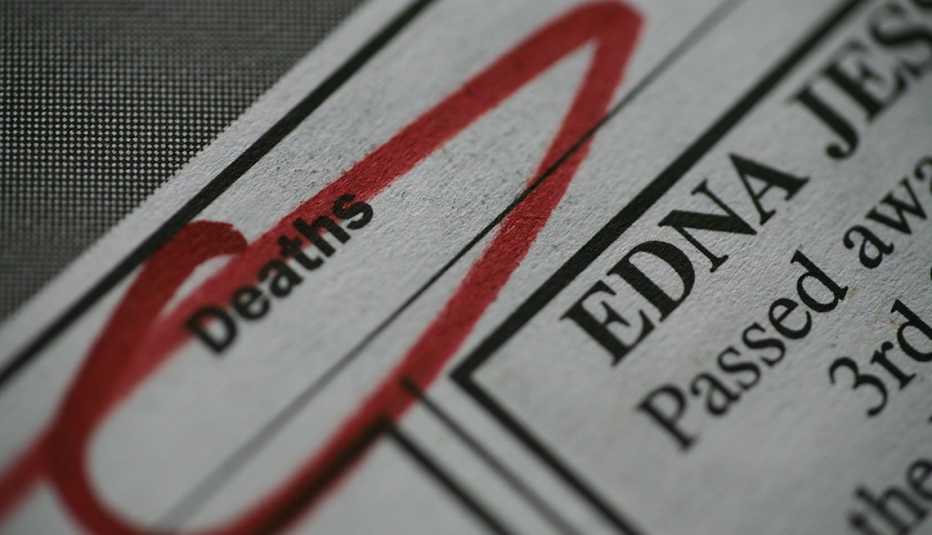AARP Hearing Center
Most Americans say they'd prefer to die at home, and indeed rates of home deaths are on the rise — a trend that may be fueled by the coronavirus pandemic and decreasing nursing home occupancy rates.
But having someone help navigate that end-of-life experience can be essential. Sometimes called a death coach or a death midwife, death doulas act as advocates for the dying, guiding everything from logistical preparations, such as advance care planning and funerals, to incorporating cultural and religious beliefs into final rituals.
"It's kind of like being an event planner, but for death,” says Virginia Chang, a certified end-of-life doula in New York City.
COVID-19 has forced death doulas to adapt to pandemic restrictions and to new client needs. Those in private practice have had to offer more support over the phone and via Zoom, Chang says. At the same time, given a shortage of home care services, doulas have found themselves providing increased emotional support to caregivers, who may feel isolated or overburdened.


Virtual visits were an adjustment for Chang, who provides services through her business, Till the Last. “I do miss the intimate connection established between myself and the dying person through quiet conversation, presence and touch,” she says. “However, I have always said that empowering the caregivers to better care for their dying loved one meets my goal of better care for the dying person. So, I'm still doing my job."
Chang has also noticed that patients and family members are getting in touch earlier than usual. Instead of being summoned weeks, or even days, before death, she is being contacted months, and sometimes years, before an anticipated death.
"They want to be better prepared,” she says. “By being better prepared, they're better able to face death when it comes."
Death doulas a ‘missing piece’ in care
Home has surpassed the hospital as the most common place of death in the United States for the first time since the early 20th century, according to a New England Journal of Medicine study published in 2019 (months before COVID-19 hit the U.S., which means that the number of home deaths is likely higher now).
Studies have shown that approximately 80 percent of Americans would prefer to die at home if possible, according to the Stanford School of Medicine. That figure may be higher now, after the pandemic focused people's attention on death and dying, but COVID-19 has certainly amplified interest in the role of death doulas, says Henry Fersko-Weiss, 73, a licensed clinical social worker who, in 2003, created the first formal end-of-life doula program in the U.S., at a New York City hospice, and cofounded the International End of Life Doula Association.







































































